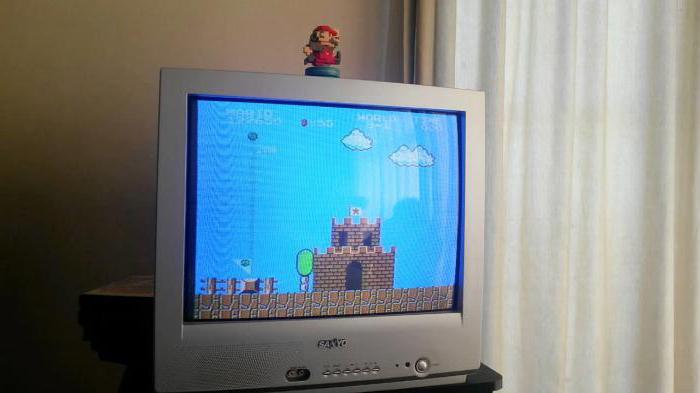Entertaining mathematics for preschool children through the mouth of parents
Entertaining mathematics for preschoolers is alwaysIt aroused the interest not only of children, but also of adults. After all, it is interesting, cognitive tasks that contribute to the development of logical thinking in children, prepare them for the perception of the basic mathematical concepts needed as preparation for the school curriculum.

Mathematics is the "queen of sciences", she prefersaccuracy, brevity, specifics and abstraction. To teach a child to think, to find a way out of non-standard situations, not only mathematical, but also unwritten, vital, is not only the task of the school and the kindergarten, but primarily of the parents.
What is entertaining mathematics?
Entertaining mathematics for preschoolers isinteresting and fascinating classes, conducted in the form of didactic games. Mathematics for kids begins with acquaintance with numerical values and figures. This knowledge base is necessary for the child even before entering the school. In order to keep up with the school curriculum, elementary mathematical concepts are needed. After all, in the framework of a class lesson, you will not have much to do, but individually to explain to each first-grader, given his mental abilities and the speed of mastering the material, the teacher does not have the time and opportunity. Therefore, assistance from parents is needed in the primary school and in the pre-school period.

If preschoolers receive the necessary knowledge inform of thoughtful, cognitive game, mathematics for children becomes interesting and fascinating. Solving logical problems, they all with great interest expect some riddle, hidden in the verbal description. It becomes interesting to them to search for a kind of "dirty trick."
Examples of didactic games

- 1. For a child of four years, it is recommended to use the cognitive game "Entertaining Designer" for study. Cut out geometric shapes (circles of different diameter, squares, rectangles, triangles and rhombuses) from colored cardboard. Show the child that it is easy to construct such figures from, for example, a boat, a car, etc. The child visually learns to recognize figures, determines the size of one or another detail of the designer in comparison with others.
- The game "Who is more?"Helps to quickly learn how to count items. The game is held with a group of guys who are divided into two teams. Before the children are two handfuls of beans. For a minute, players need to put one string bean into another pile. Then the children consider how much they put off the caps.
Children from five years like to solve riddles. Therefore, even now you can teach them to solve simple problems of addition and subtraction, including fairy-tale heroes in the description of the problem. Logical problems are taught to think outside the box, analyze, generalize and develop the imagination.
Entertaining mathematics for preschoolers shouldform the children's first mathematical knowledge, consolidate the skills of quantitative and ordinal counting, the first calculations using addition and subtraction operations. The lessons of fascinating mathematics should last no more than 15 minutes a day. You can learn to count not only at your desk, but also in the yard, counting, for example, children on the playground and stairs at the entrance, and even at dinner, shifting pieces of potatoes in a bowl of soup.










